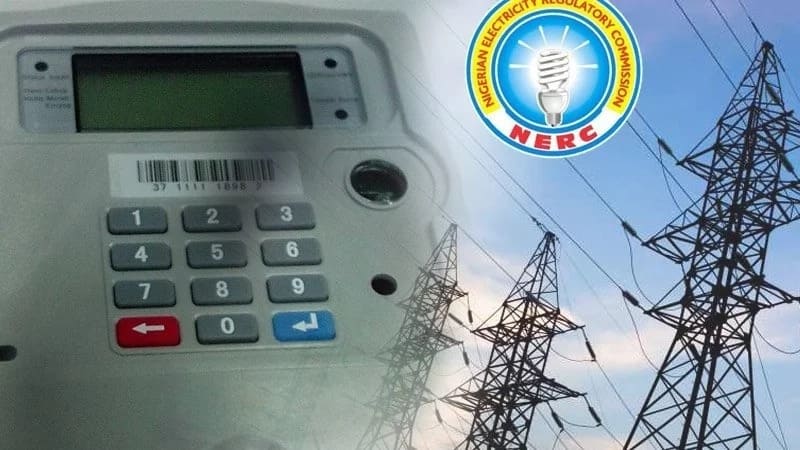
The Federal Government through its Nigerian Electricity Regulatory Commission approved power tariff increase payable by consumers to various electricity distribution companies in Nigeria.
In different orders to the 11 Discos operating in Nigeria, the commission stated that the tariff hike was based on the extraordinary review of the Multi-Year Tariff Order, as it explained that the order took effect from January 1, 2022, Punch reports.
It further noted that the order shall only be subordinated to a new tariff review order as might be issued periodically by the NERC, but this hike in tariff by NERC was kicked against different power consumer groups, as they called for the complete reversal of the sector’s privatisation.
The NERC provided myriads of reasons why it had to effect an upward review of the tariff payable to Discos, as figures from the individual approvals for each Disco showed that the commission hiked the amount to be paid by consumers for electricity beginning from February 2022.
In the Abuja Electricity Distribution Company, for instance, non-Maximum Demand power users in Band A had their tariff increased from N51.75/kWh in January this year to N56.28/kWh from February to December 2022.
Also, non-MD consumers in Band B had their tariff increased from N49.72/kWh to N54.13kWh, while the non-MD power users in Bands C and D had their tariff raised from N45.65/kWh to N50.65/kWh, and N29.70/kWh to N33.20/kWh respectively, under Abuja Disco.
For non-MD customers of AEDC in Band E, their tariff was raised from N29.38/kWh to N32.88/kWh.
In the service bands, the NERC explained that customers in Band A were those receiving a minimum of 20 hours of electricity daily, while those in Bands B, C, D and E include power users receiving 16 hours, 12 hours, eight hours, and four hours of power supply daily, respectively.
The documents for each Disco also showed that aside from non-MD customers, there were other categories of maximum demand power users classified as MD1 and MD2, but most of the tariffs of these categories of power users were also raised.
It was observed that aside from the AEDC, the tariff hike played out in other Discos, as the regulator raised the tariffs payable by consumers in the various franchise areas of the power distribution companies.
For Eko Electricity Distribution Company, it was observed that there was a marginal decrease in the amount payable by non-MD consumers in Band A, those in Band B had their tariff unchanged, while others in Bands C, D and E had their tariffs hiked.
Under Eko Disco, non-MD customers in Band A had their tariff reduced from N56.08/kWh in January to N55.55/kWh from February to December, while non-MD customers in Band B had theirs unchanged at N51.81/kWh.
For non-MD customers in Band C, D and E, their tariffs were raised from N42.44/kWh to N47.44/kWh, N28.63/kWh to N31.75/kWh, and N28.63/kWh to N31.71/kWh, respectively.
Taking the Port Harcourt Electricity Distribution Company as another example, it was observed that the approved end-user tariffs for all the bands for non-MD customers from A to E were hiked by the NERC.
Rice, a staple for Christmas celebrations in Nigeria, has become a luxury this year. Soaring…
Panic erupted on Saturday at a concert in Lagos when the stage collapsed during Odumodublvck’s…
The Federal Government of Nigeria has allocated ₦6,364,181,224 billion for the refurbishment and rehabilitation of…
The black market dollar to naira exchange rate for today, 22nd December 2024, can be…
The Nigerian National Petroleum Company Limited (NNPCL) has refuted claims that the 60,000 barrels per…
Manchester City finds itself in unprecedented turmoil, with relegation-level form showing little sign of improvement.…